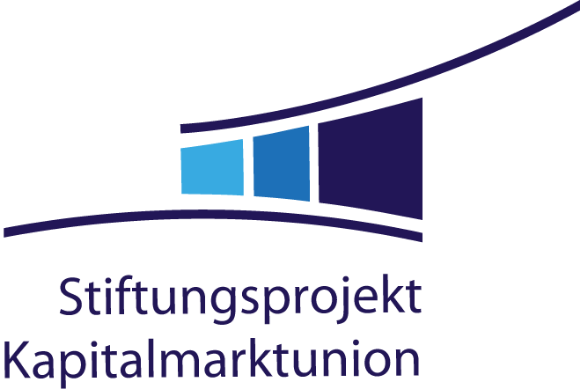Unternehmensfinanzierung der maritimen Industrie in Deutschland
unter besonderer Berücksichtigung von Asset-Based-Finanzierungsmöglichkeiten
Initial situation
- The maritime economy is commonly perceived as a coherent industry, although it can be anchored in sub-industries as diverse as shipbuilding (production), shipping logistics, shipping services, suppliers (technology), or aquaculture (blue economy).
- In the study presented here, the Maritime Finance Research Group (MFiRG) has set itself the goal of systematically examining the financing structure of the maritime industry in Germany, identifying possible gaps and making proposals for stabilising the financing structure.
- First, the study examines the current situation of the sub-industries. For this purpose, it reviews, evaluates and supports the currently available literature with corresponding figures. This part is then supplemented by findings from a questionnaire distributed to key representatives of the sub-industries in the first half of 2021. The evaluation of the literature and the questionnaires provide basic quantitative findings. In a qualitative third part, the research team build on this with in-depth interviews with more than 50 industry representatives from all sub-sectors.
- In a further step, the study develops a conceivable financing structure for the future based on the analytical section. It adopts a capital market-oriented approach and investigates whether the identified financing gap can be closed by securities that are eligible for the capital market. Some maritime players are already using these. The use of capital markets by medium-sized companies, on the other hand, is still less pronounced.
- Since the maritime industry is exposed to a range of external risks such as economic developments, fuel price increases and legal requirements, among others, the study also examines whether state guarantees, partial guarantees or lines of support for the implementation of a functioning financing environment can be avoided as accompanying measures or replaced more efficiently through the use of asset-based financing options. Developments in the direction of ‘green finance’ are also taken into account.
- The study was completed at an opportune moment with the beginning of the new legislative period of the German Bundestag, so that possible suggestions can be incorporated into the maritime policy of the Federal Government and Parliament.
Challenges:
Maritime SMEs need additional forms of financing
- The financing situation of medium-sized maritime businesses in Germany has shifted and predominantly deteriorated over the past decade. The situation threatens to have a negative impact on Germany’s location as a maritime hub.
- The study shows that the majority of the additional financing required has so far come from existing shareholders. The lending practices of the few remaining banks that are still willing to offer financing in the maritime segment are increasingly restrictive. At the same time banks are complaining about overly complex regulatory requirements. Many consider application procedures required by state development banks for SMEs to be too confusing.
- German SMEs have limited access to the capital market. They perceive the regulations as too restrictive compared with other stock exchanges. The majority of respondents praised the Oslo stock exchange as exemplary. However, relocating a company in order to benefit from a better financing environment is possible only for larger businesses. At the same time, the study showed that maritime SMEs are very loyal to their location and that relocations are largely avoided.
- The study recommends several approaches that can help improve the financing situation of the maritime SME sector in Germany in the short and medium term:
- The central recommendation is the establishment of a credit platform as a new financing instrument that helps medium-sized maritime enterprises to raise outside capital in the capital market in a simplified procedure. For this purpose, smaller loans are bundled in a way that is suitable for the capital market.
- More effective use of government subsidies for green finance, especially in combination with the proposed lending platform.
- In the medium term, creating a regulatory framework for a stock exchange with a maritime segment in Germany similar to that of the Oslo stock exchange. Concerted efforts to establish a stock exchange-friendly investment culture that enables investment banks, brokers, investors and analysts to settle here and cooperate.
- Opening up the Hermes cover scheme for domestic buyers, following the example of other European countries. Ship owners and buyers should have the option of using export guarantees if the ship is to be used across borders.
- A sensible, selective restructuring of the levying of withholding tax on capital gains in order to make the issuing of bonds in Germany more attractive again and to be able to better include foreigners in the group of investors.
